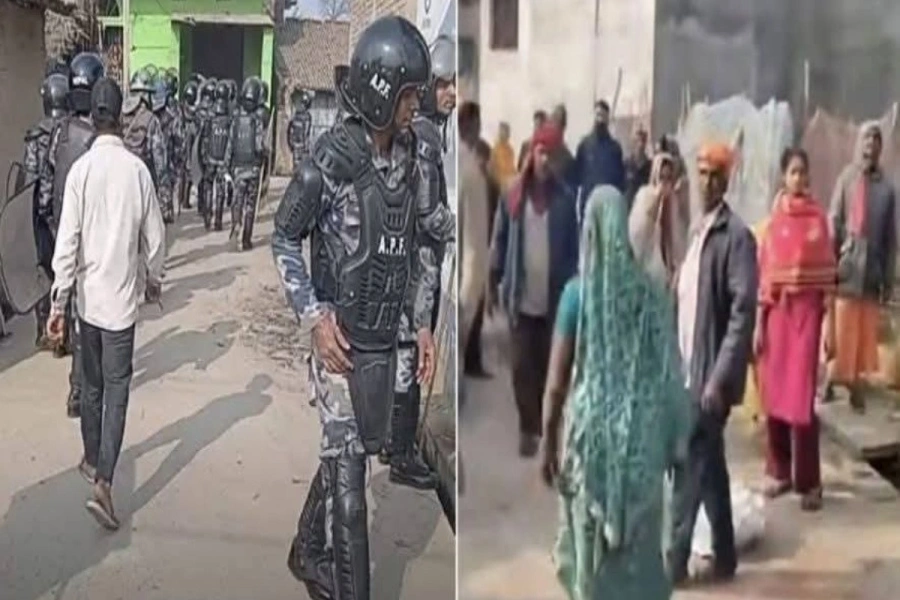Over the past few weeks, the rise in the number of dengue patients has been alarming to say the least. According to Epidemiology and Disease Control Division, over 5000 people across the country have tested positive for dengue till date. In Kathmandu, over half of the people visiting the Sukraraj Tropical and Infectious Disease Hospital are found to be suffering from dengue. What makes matters worse is that the incessant rainfall the capital is witnessing at the moment is believed to bring about a further surge in dengue causing mosquitoes.
Dr Runa Jha, MD, director at the National Public Health Laboratory under the Ministry of Health and Population, says that the number of people who visit the hospital for dengue test on a daily basis has crossed the 900 mark. Most of them, she says, have no complications and just suffer from high fever but dengue is definitely spreading rapidly in Nepal. Here Dr Jha tells you all you need to know about dengue and what you can do to prevent and treat it.
What is dengue?
Dengue is a viral disease transmitted by the bite of female mosquito species called the Aedes aegypti. The mosquitoes usually bite during the day, starting approximately two hours after sunrise. Contrary to popular belief, dengue-causing mosquitoes also bite during nights, in well-lit areas. There are four major types of dengue viruses and each of them interacts differently with the human body because its reactions with the antibodies in the human blood differ.
Dengue kills three people in Gandaki in three weeks

Dengue can be categorized into primary and secondary dengue. Primary dengue occurs when the person is infected with a particular type of dengue virus for the first time. If it is treated well, the body is immune to the virus for a lifetime but the body is still prone to get infected with other type of viruses. This usually doesn’t cause severe problems.
However, secondary dengue can result in quite serious conditions like shock, low platelet count, and high-grade fever. It occurs when a person who has previously been exposed to dengue virus is infected with it again. This cause severe immunological responses in the body as repeated exposure to the dengue virus can make the body vulnerable to develop a more severe dengue hemorrhagic fever. This complication can result in fatal conditions like seizures, brain damage, blood clots, damage to the liver and lungs, heart damage, and shock.
How is it transmitted?
Dengue can either be transmitted by the bite of a dengue infected female mosquito or mosquitoes may become infected with the dengue virus when they bite an infected person and then these mosquitoes spread it among the health population. Then there’s something called the transovarian transmission of dengue virus. In this case, the infected female mosquitoes lay infected eggs. The mosquitoes hatched from the infected eggs then transmit dengue. Dengue can also be transmitted through infected blood.
Signs and symptoms of dengue
The most immediate and common symptom is that you get sudden high fever. If you are infected with the dengue virus, you might also suffer from fatigue, vomiting and severe headache. In case of dengue hemorrhagic fever, the symptoms might be serious which include rashes on the skin due to bleeding under it which might look like bruises, severe abdominal pain, persistent vomiting, and labored or rapid breathing among others.
Prevention and treatment
In this season, one should take special care to use mosquito repellents and drape their bed frames with mosquito netting. Also, it would be a good idea to wear long sleeved clothes and prevent exposing the skin. Staying covered like that could be one of the best ways to stay safe from dengue. Dengue infected mosquitoes breed in moist places especially during the monsoon season so make sure you don’t allow water to collect in random places in your house.
The treatment for dengue is symptomatic, which means it’s done to alleviate the symptoms but not cure its cause. There are medicines to decrease the fever but there is no specific medication available to actually treat dengue. Since dengue is a viral disease it usually goes away by itself depending on your immunity. However, taking adequate rest will help speed up the process. Also, drink plenty of fluids to stay hydrated.
If you suffer from dengue hemorrhagic fever, the prognosis usually depends on how early the condition is detected. People who receive treatment in the early stages of dengue infection will often recover completely. It’s best to get yourself tested for dengue at the earliest sign of it.






































